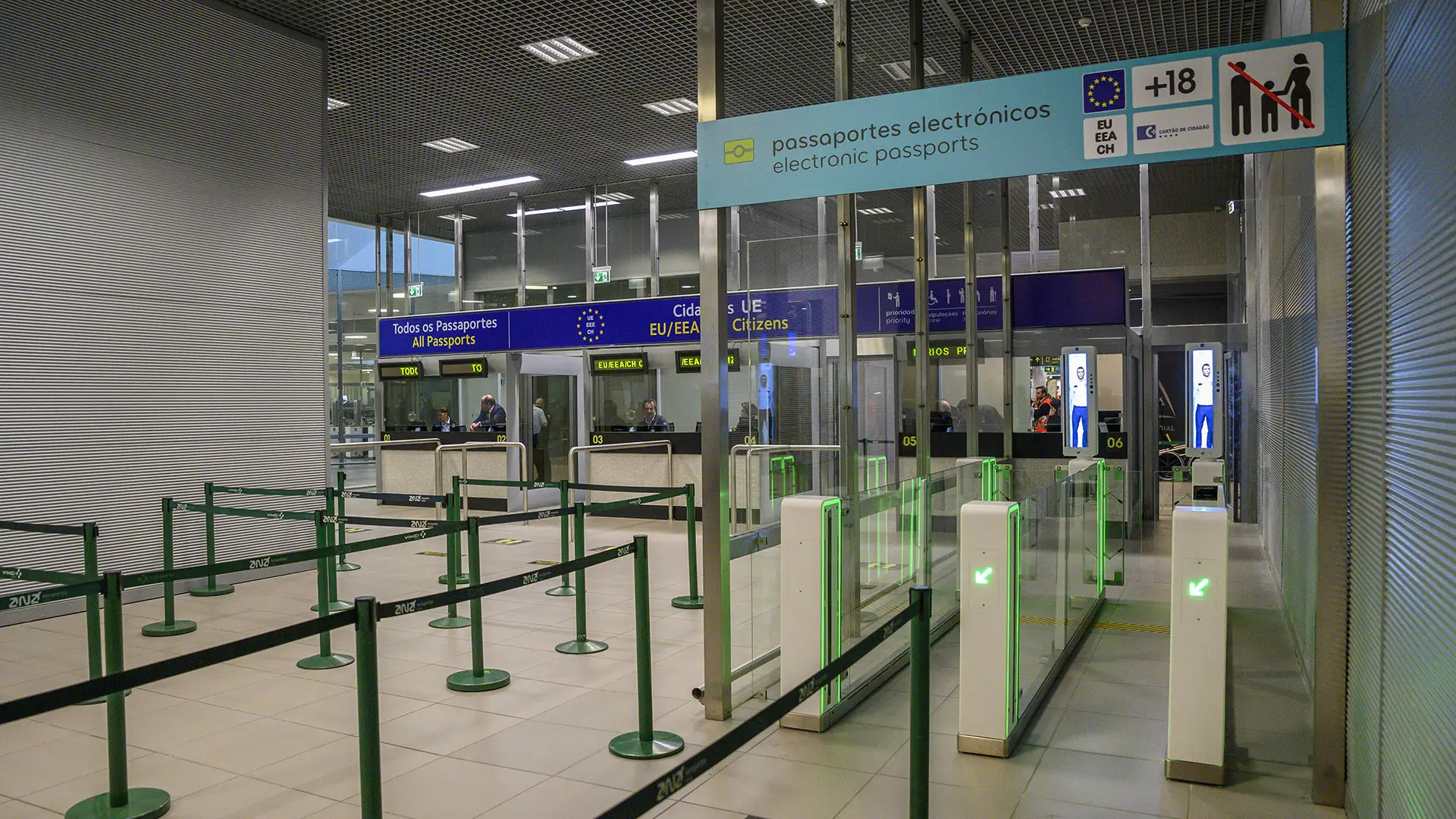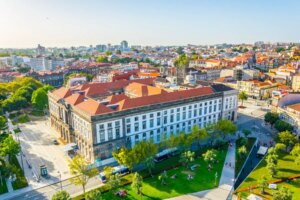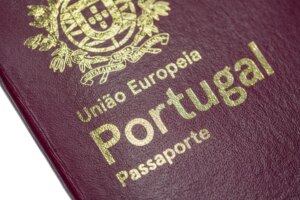As you plan your big move to Portugal, you might be considering bringing your family along. In many cases, a family member is allowed to join you if you’re studying or working in the country. While people in the EU can relocate to the country with few restrictions, others require a visa to make the move. The same applies to their families.
Here’s what you need to know:
- Family visas in Portugal
- The Portuguese family and spouse visa
- Short-term visits to family members in Portugal
- Joining family members on a temporary visa
- Family visas for refugees or asylum seekers
- After arriving in Portugal
- In the event of a divorce or death
- Family visa complaints and appeals
- Useful resources
The Relocator
Planning a new life in Portugal? Give yourself some peace of mind with The Relocator. On their easy-to-use platform, you’ll be able to compare your options quickly, getting quotes from some of the biggest names in global relocations. Move abroad confidently with The Relocator.
Family visas in Portugal
As long as you’re an immediate family member, it is relatively easy to get a Portuguese spouse visa or family visa (visto de residência para reagrupamento familiar). This is known as a D6 Family Reunification visa.
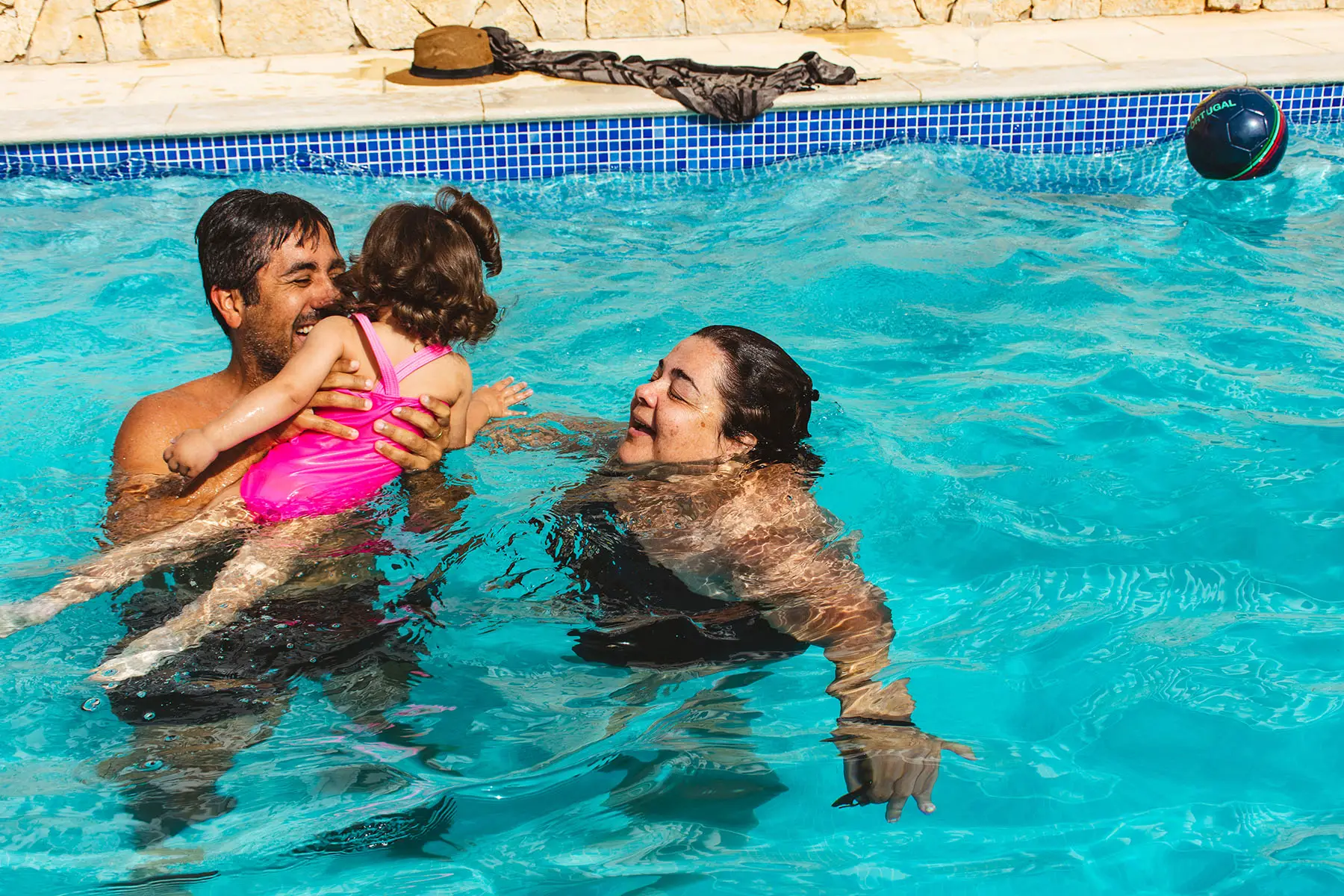
The process tends to be faster if you live in Europe or in a country that already has an agreement in place, such as Brazil. In 2021, for example, just over 29,500 family visas were issued, of which 15,994 visas were issued to Brazilians.
Portugal also has visa facilitation agreements in place with certain countries, that allow their citizens to get a family visa more easily. These countries include:
- Albania
- Armenia
- Azerbaijan
- Bosnia and Herzegovina
- Cape Verde
- North Macedonia
- Georgia
- Moldova
- Montenegro
- Russia (suspended)
- Serbia
The Ministry of Foreign Affairs (Ministério de Negócios Estrangeiros) is the government body responsible for visas and immigration. They work together with the Portuguese Agency for Integration, Migrations, and Asylum (Agência para a Integração, Migrações e Asilo – AIMA) to issue all permits.
Who needs a visa to reunite with family in Portugal?
Citizens from these countries do not require a visa:
- The European Union (EU)
- The European Free Trade Association (EFTA – Iceland, Liechtenstein, Norway, and Switzerland)
- The Principality of Andorra
Your family member will only need to get a registration certificate (Certificado de Registo para cidadão da UE/EEE/Suíça) from AIMA if they’re planning to stay for more than three months.
If your relative is from outside the EU/EFTA region (i.e., a third country), they will need a visa to join you in Portugal. There is one exception: if your third-country relative has a valid residence permit from another EU country (e.g., a Blue Card), the same EU/EFTA/Andorra rules apply.
The Portuguese family and spouse visa
Who can apply for a D6 visa?
Portugal only grants the visa to a handful of family members.

These include:
- Spouses or civil partners (i.e., a de facto union)
- Minor (step)children under the age of 21
- Dependent adult children over the age of 21, as long as they are single and are studying at a school in Portugal
- Dependent adult children over the age of 21, either single or studying at a school in Portugal, if you have a residence permit for investor purposes
- Dependent parents (in-law) over the age of 65
- Minor dependent siblings under the age of 21, provided they are under your guardianship
If you’re doing an unpaid internship or volunteer work, only your spouse or civil partner, and minor (step)children under the age of 18 are eligible for the visa.
Visa length and entitlements
The family visa is usually valid for the same duration as that of your own visa. For example, if you have a work visa that is valid for one year, your relative’s family visa is also valid for one year. Minor children have the right to an autonomous visa that is valid for three years.
After three months in Portugal, your family member to for a residence permit (Cartão de Residência). This card is valid for two years but can be renewed. After five years of legal residency, your relative can apply for a permanent residence card.
The family or spouse visa allows your relative to:
- Attend primary and secondary school
- Find work or study in Portugal
- Access the country’s social net, including the healthcare and social security systems
How to apply
You, the person in Portugal, must request authorization for family reunification (in Portuguese) from the AIMA. They will review your application and notify you of their decision within 60 days.
After that, your spouse or relative has 90 days to apply for the visa at the Portuguese embassy or consulate in their country of residence. If they are already in Portugal, they can also make an appointment with the nearest AIMA bureau.

The application takes three to six months to process. After that, you’ll receive a notification from the consulate or embassy.
Documents for a D6 Family Reunification visa
Your relative will need to provide the following documents:
- AIMA’s approval of your authorization request
- Two recent photos in color with a blank background
- Evidence of your family ties (e.g., a birth or marriage certificate)
- Both your and their Passport or ID
- Proof of adequate accommodation (e.g., a rental contract) – does not apply to refugees
- Proof of sufficient financial means to support you both (e.g., a bank statement) – does not apply to refugees
- Criminal record issued in your country of origin – does not apply to minor children under the age of 16
- Other necessary documents
All foreign-issued documents must be accompanied by a translation that can be certified by a Portuguese notary, Portuguese Consulate, or Consulate of your relative’s country in Portugal.
Visa costs
The family visa costs €90. In the case of a child, the process is free. Additional fees for other services such as translation may apply.
Short-term visits to family members in Portugal
If your relative is only planning a short visit of less than 90 days, they might find it easier to apply for a temporary visa. The Schengen visa (visto de curta duração), for example, allows them to stay in Portugal and other Schengen countries for up to 90 days within a 180-day period.
Some people don’t even need a visa to visit you in Portugal. Many nationalities can enter the country without a visa for a period of up to 90 days, including those from the EU/EFTA and countries with visa waiver agreements.
Keep in mind that, even if you don’t need a visa right now, you might need to apply for an ETIAS Visa Waiver by the end of 2023.
Joining family members on a temporary visa
If you are in Portugal on a temporary residence visa (e.g., a study visa), your spouse, partner, or minor child can apply for a family reunification visa.

The cost and process are the same as outlined above.
Family visas for refugees or asylum seekers
Refugees and asylum seekers with international protection in Portugal can also use the family visa to reunite with their relatives. Eligible family members include:
- Spouse or partner over the age of 18
- Minor children under the age of 18
- Dependent adult children over the age of 18, who lack legal capacity
- Parents if the refugee in Portugal is a child under the age of 18
In both cases, the process and cost are the same as outlined above. The same applies to required documents, with two exceptions: you don’t need to prove you have sufficient income or adequate accommodation.
After arriving in Portugal
Once your third-country family members land in Portugal, they must register their stay with the AIMA within three working days. They can do so at the nearest AIMA bureau. Failure to do so can lead to a fine. Children under the age of 18 must also be enrolled in school due to compulsory education.
EU/EFTA relatives must apply for a registration certificate from the AIMA after three months.
All foreign nationals with a spouse visa or family visa are required to register for Portuguese health insurance. Additionally, if they are staying for more than 183 days a year, they should get a Portuguese tax identification number (Número de Identificação Fiscal – NIF). This can be useful for things like opening a bank account, signing a rental contract, or buying a house.
In the event of a divorce or death
If you are in Portugal on a family or spouse visa and the person who sponsored you dies or you get divorced, you don’t have to leave the country straight away. It is possible to stay if:
- The marriage lasted for at least three years, and you spent at least one of those years in Portugal
- You have (custody of) minor children that you have together
In both cases, you should notify the AIMA as soon as possible. Depending on your circumstances, you can remain in Portugal until you figure out your arrangements. If you wish to stay longer, you can also apply for a different visa.
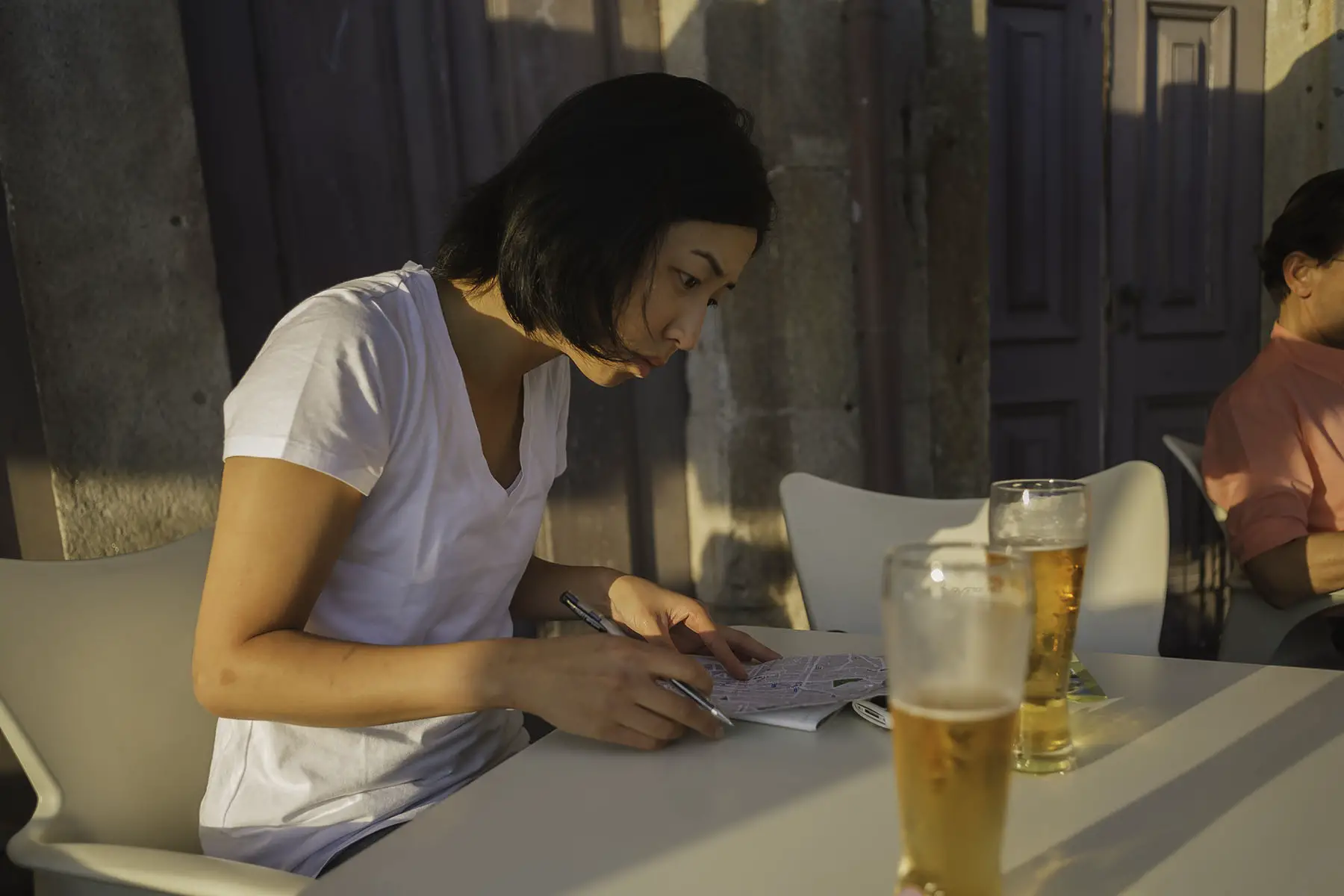
To avoid breaching any laws, it is best to seek legal advice from a professional who can guide you on the best procedure.
Family visa complaints and appeals
If your application is rejected, you can submit an appeal to the AIMA within 15 days of receiving the rejection. You can also file a complaint if you feel your rights have been violated or there is an issue with your visa or residence status. Make sure to include any relevant documents or evidence that support your complaint.
The AIMA will review your complaint and respond as soon as possible. If you do not receive a reply within a reasonable timeframe or you’re not satisfied with the response, you can escalate your complaint to higher authorities. These include:
- The Portuguese Ombudsman’s Office (Provedor de Justiça) – the Portuguese Ombudsman investigates complaints about public institutions, such as the AIMA
- Non-governmental organizations (NGOs) and private institutes – there are many organizations in Portugal that can provide legal assistance and support, including the:
Useful resources
- European Commission – EU immigration portal with information on conditions and rights for family members moving to Portugal
- Ministério de Negócios Estrangeiros – information about types of visas in Portugal issued by the Ministry of Foreign Affairs
- AIMA – the Portuguese Immigration and Borders Service is responsible for dealing with visa requests
- VFS Global – a checklist of documents to apply for a Portuguese family or spouse visa


